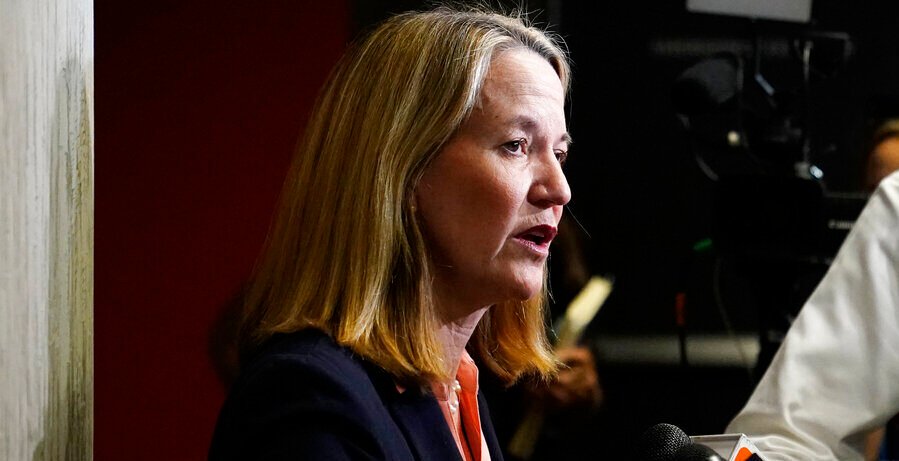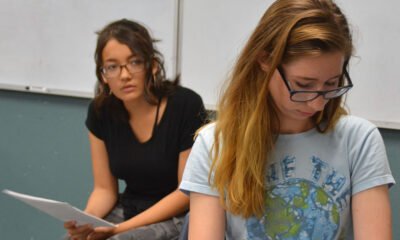2024 Election News
Mayes Tackles Hot-Button Issues: Abortion and Election Ballot Measures

Attorney General Kris Mayes has voiced strong objections to the descriptions proposed by Republican lawmakers for two significant ballot measures in Arizona.
Mayes argues that the GOP-controlled Legislative Council is attempting to bias the electorate by using the term “unborn human being” in their summary of Proposition 139. This proposal aims to enshrine abortion rights within the state constitution. Abortion-rights advocates recently submitted over 800,000 signatures to place the initiative on the November ballot.
Additionally, Mayes has challenged how the council outlines Proposition 140. This measure seeks to eliminate partisan primaries. Mayes contends that the legislative summary inaccurately highlights ranked-choice voting as a certainty, despite it being only a possibility if the initiative is approved.
“By describing the initiative’s provisions regarding voter ranking at the outset and implying they are mandatory, the Legislative Council’s analysis injects the contentious topic of voter ranking into an already controversial measure,” Mayes stated in her filing.
Both issues remain unresolved in the courts. A trial judge previously rejected the phrase “unborn human being,” but an attorney for the lawmakers is seeking a Supreme Court review. No date has been set for this hearing. Meanwhile, a hearing on the open primary initiative is scheduled for next week in front of Maricopa County Superior Court Judge Melissa Julian.
Arizona law mandates that the Legislative Council provide impartial analyses of all ballot measures. These are included in a pamphlet sent to the over 4 million registered voters in the state. Proponents of both measures have already filed lawsuits challenging the council’s summaries, and Mayes’ briefs may lend additional legal weight to these challenges.
On Proposition 139, the council argues that using both the terms “unborn human being” and “fetus” is a balanced approach. Mayes disagrees, stating that the term “unborn human being” carries a philosophical bias, unlike the clinical term “fetus.”
“Dueling partisan terms do not together make an impartial analysis,” Mayes asserted. She illustrated her point with a hypothetical: calling some individuals “lazy vagabonds” and others “needy families” in a ballot initiative would not constitute impartiality.
Mayes also criticized the council’s description of Proposition 140 for focusing on voter rankings rather than the open primary system. She believes this is a strategic move to skew voter perception.
“The analysis defies all rules of writing to give voter rankings top billing, conveying that their implementation is the key issue for decision,” Mayes wrote.
While Mayes does not accuse the Republican-controlled Legislature of deliberate bias, she pointed out that lawmakers have already placed their own measure, Proposition 133, on the ballot. This measure would constitutionally ban open primaries, ensuring party-specific candidates remain on the general election ballot.
Richie Taylor, spokesperson for Mayes, defended the attorney general’s involvement. “The attorney general believes it is critically important for Arizonans to receive fair and impartial descriptions of ballot measures,” he stated.
















